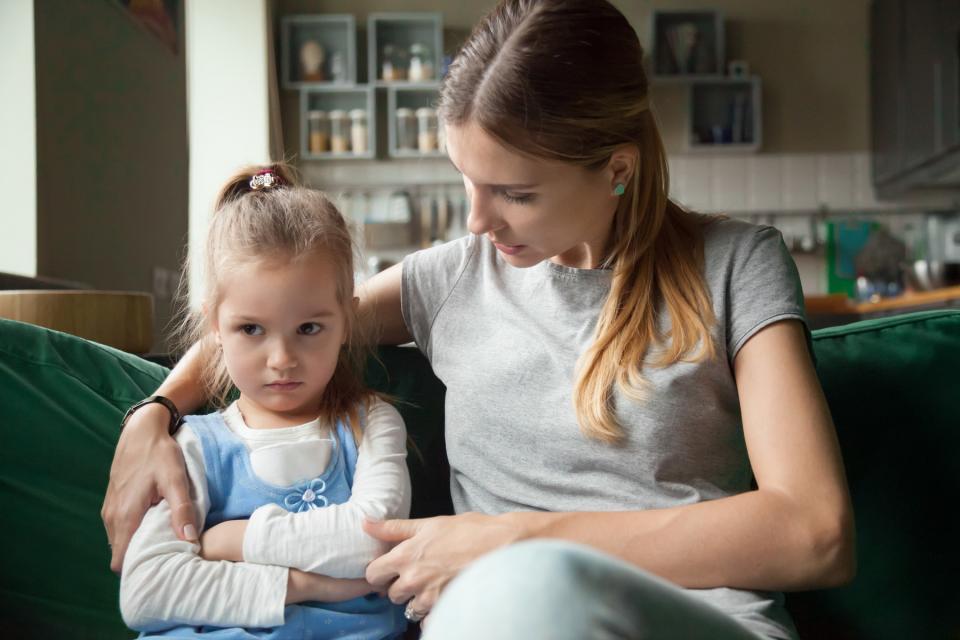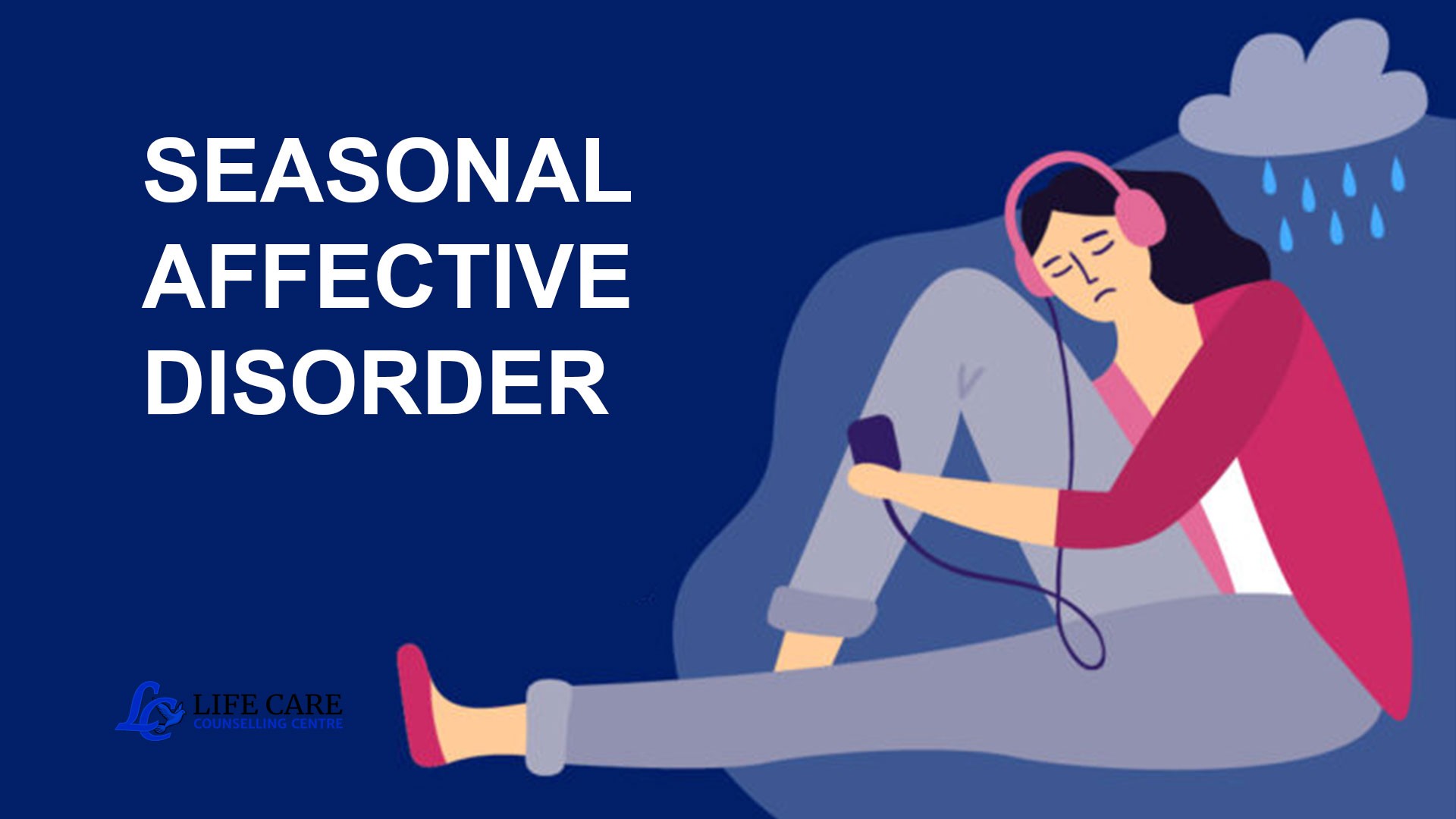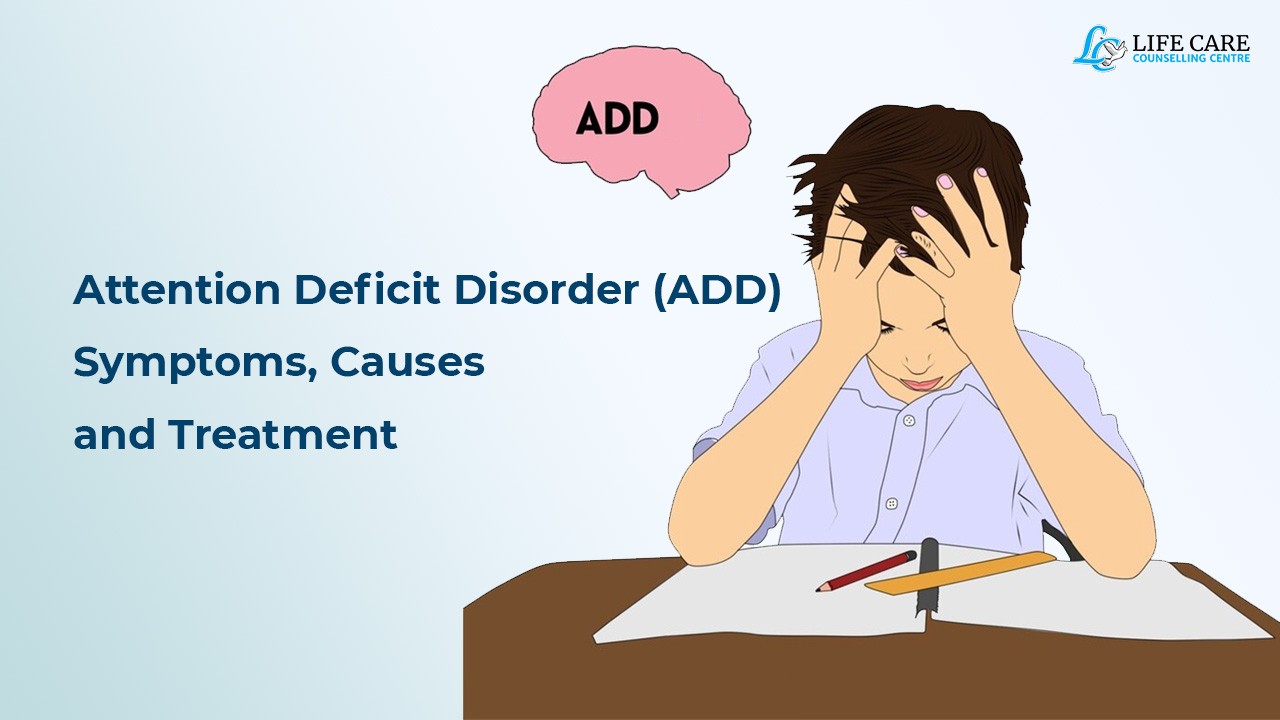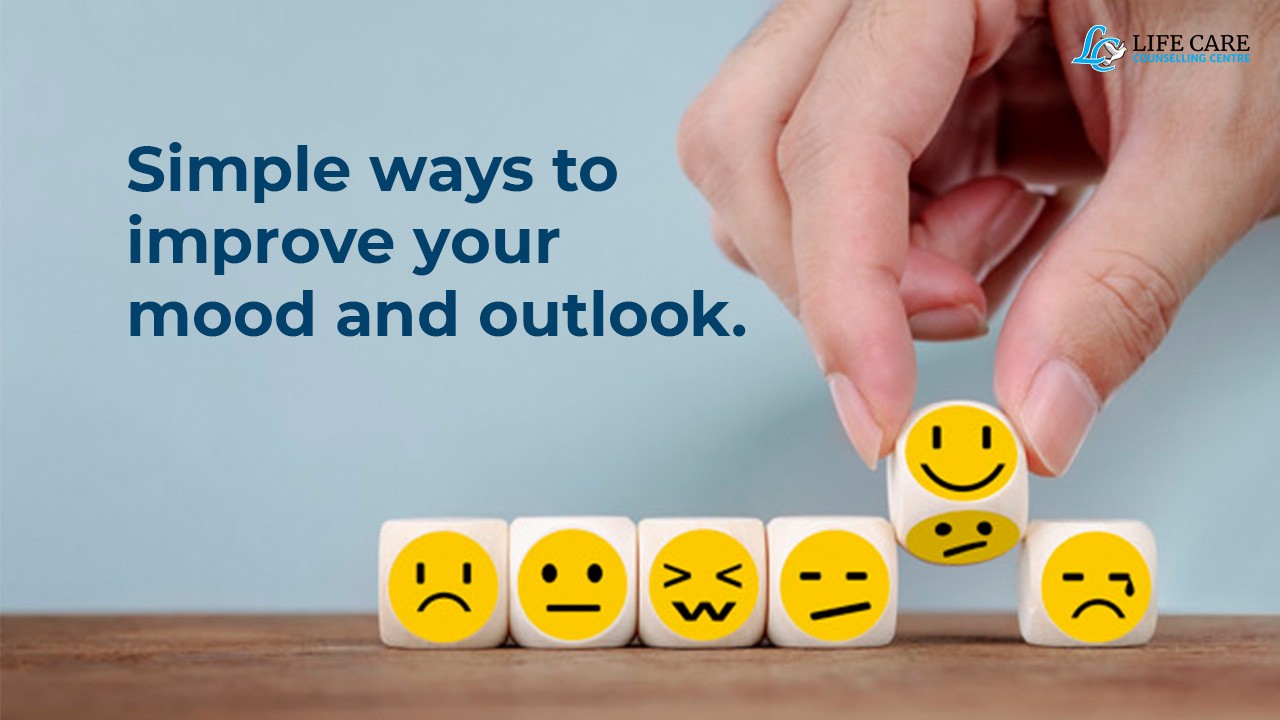Some children have unlikely or problematic behaviors that are outside the norm of their age can be listed under behavioral problems. Some issues can be mild and solve quickly, but some serious level of problems require ongoing treatment. Let us peep into the effective ways to manage a child with behavioral problems.
Role of parents
The first and primary solution to tackle the behavioral issues of your child is how you respond to their behavioral issues. Early recognition of behavioral disorders and practicing the following at home can help build a positive attitude in your child.
- Respond calmly upon the behavioral problems of your child.
- Consistently show your strong dislike towards their bad or unlikely behavior.
- Have open, friendly communication to make them understand the unpleasant atmosphere created due to their unwanted style of response.
- Avoid smacking your children in any case, they can bring in the most negative impact on them.
- You must appreciate them for every single positive deed and behavior. The token of appreciation acts as a catalyst to enhance the positive attitude in your children. Offer them rewards and make them happy for being “good”.
- Do not avoid or enjoy any sort of a minor behavioral issue. This can leave an impression of doing “heroic deeds” rather than making them understand their undesirable nature.
- Be strict at home and inculcate a rightful discipline. Give them a break from the routine for a day or two for relaxation and recharging.
- Parents must inform about the problem with the teachers so that the chld will get special care at school.
Role of family
The child with a behavioral issue cannot be treated as an independent personality. He/she is completely intertwined with the family members, so each has their own roles in the life of such a child. Accept the fact that the problematic behaviors possessed by the child is the sign of a disorder.Interact and communicate them with love and care and avoid “counterattacks” to the child
Counselling treatments
- Social training: The child is well trained about behaving well in a group, making him an excellent team player.
- Anger management: The child is taught to control the frustration, and to react calmly. Relaxation techniques and stress management skills are taught.
- Support for associated problems and study problems: Supporting the child for any other problems associated like a calculation disability, and encouraging him to conquer unreachable heights can build self-esteem and confidence.
- Medication: It can help to bring the impulsive nature under complete control.
- Cognitive behavioral therapy: A talking therapy which helps to change the way you think and behave. This helps you a lot to manage problems.
- For whole family members, family therapy improves communication and problem-solving skills of each and every family member.
- Parental education also plays an important role in tackling the behavioral problems of children. Educating parents about the disorder and its remedies, advising positive parenting tips can do a great job to handle the issue with ease.
I cannot conclude the session without making the parents aware of some common problems seen in children with behavior problems, which should not be neglected, in any case. Try to have an open, friendly discussion to find out mutually agreeable solutions.
- Some sort of bad deeds, frequently
- Sibling rivalry
- Theft
- Disrespectful attitude
- Dishonesty
- Whining (speaking to you in a high-pitched voice as a sign of protest)
- Rude manners ( Kids observe & learn, so show them the best at home)
Need Help?
Does your teen child faces problems with any of these symptoms? It's now or never.
- Book an appointment with our most experienced adolescent counsellor and have a free discussion over phone.
- Call us now: 8157-882-795






